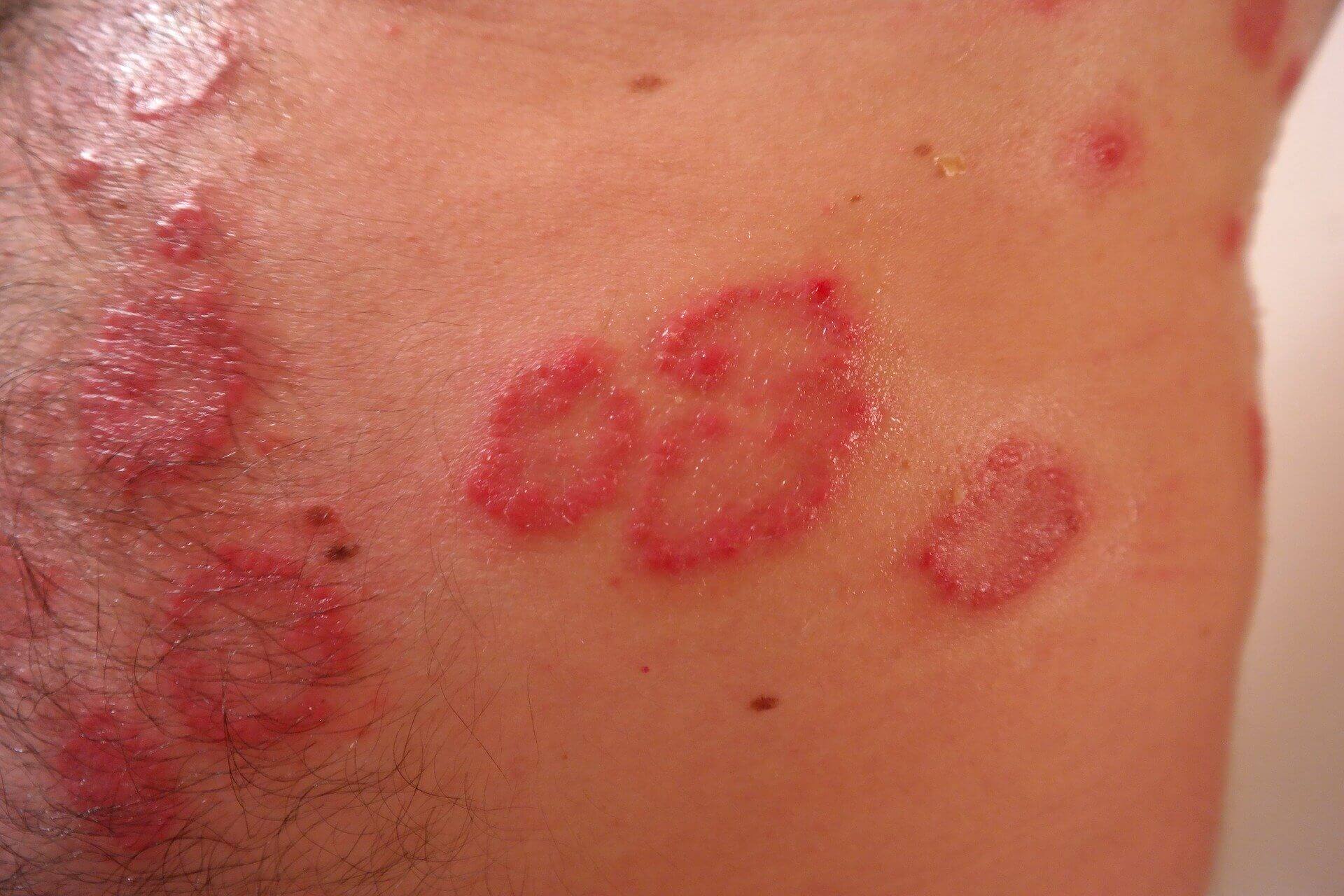Atopic dermatitis (AD) is a common, allergic skin disease afflicting 5 to 25% of children worldwide (1). Dysbiosis of the skin microbiota is increasingly implicated as a contributor to the pathogenesis of (AD).
The authors previously reported the first in human safety and clinical activity results from topical application of the commensal skin bacterium Roseomonas mucosa for the treatment of AD in 10 adults and 5 children older than 9 years of age (2).
In this recent article (3) the authors examined the potential mechanism of action of R. mucosa treatment and its impact on children with AD less than 7 years of age, the most common age group for children with AD. In 15 children with AD, R. mucosa treatment was associated with amelioration of disease severity, improvement in epithelial barrier function, reduced Staphylococcus aureus burden on the skin, and a reduction in topical steroid requirements without severe adverse events.
The authors observed response rates to R. mucosa treatment were greater than those seen in historical placebo control groups in prior AD studies. Skin improvements and colonization by R. mucosa persisted for up to 8 months after cessation of treatment. These results suggest that a randomized, placebo-controlled trial of R. mucosa treatment in individuals with AD is warranted and implicate commensals in the maintenance of the skin epithelial barrier.
As you can see, scientists are working all around the world to find a possible treatment for atopic dermatitis (normally related to food allergies) and it seems that the use of the skin microbiota could help in the maintenance of the skin epithelial barrier.
We are continuously keeping you update on the recent science around the world and all the scientific progresses in the field of allergies and intolerances. We have a range of tests which can be found here to help you get tested quickly and comfortably from your own home.
References
-
E. Morales, D. Strachan, I. Asher, P. Ellwood, N. Pearce, L. Garcia-Marcos; ISAAC phase III study group, Combined impact of healthy lifestyle factors on risk of asthma, rhino conjunctivitis and eczema in school children: ISAAC phase III. Thorax 74, 531–538 (2019)
https://thorax.bmj.com/content/thoraxjnl/74/6/531.full.pdf
-
I. A. Myles, N. J. Earland, E. D. Anderson, I. N. Moore, M. D. Kieh, K. W. Williams, A. Saleem, N. M. Fontecilla, P. A. Welch, D. A. Darnell, L. A. Barnhart, A. A. Sun, G. Uzel, S. K. Datta, First-in-human topical microbiome transplantation with Roseomonas mucosa for atopic dermatitis. JCI Insight 3, e120608 (2018)
https://europepmc.org/backend/ptpmcrender.fcgi?accid=PMC6012572&blobtype=pdf
-
I. A. Myles, C. R. Castillo, K. D. Barbian, K. Kanakabandi, K. Virtaneva, E. Fitzmeyer, M. Paneru, F. Otaizo-Carrasquero, T. G. Myers, T. E. Markowitz, I. N. Moore, X. Liu, M. Ferrer, Y. Sakamachi, S. Garantziotis, M. Swamydas, M. S. Lionakis, E. D. Anderson, N. J. Earland, S. Ganesan, A. A. Sun, J. R. Bergerson, R. A. Silverman, M. Petersen, C. A. Martens, S. K. Datta, Therapeutic responses to Roseomonas mucosa in atopic dermatitis may involve lipid-mediated TNF-related epithelial repair. Sci. Transl. Med. 12, eaaz8631 (2020).
https://www.nih.gov/news-events/nih-research-matters/bacteria-therapy-improves-eczema-children






